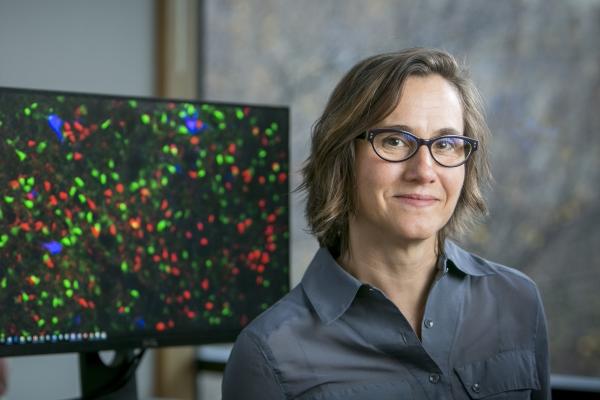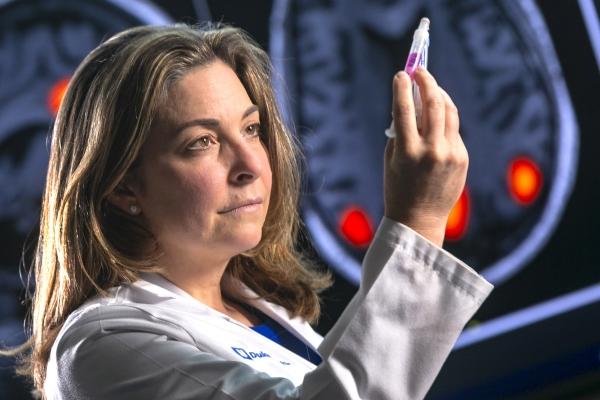New Blood Test Helps Predict Survival of Advanced Prostate Cancer Patients
A new blood test can help predict the survival of patients with advanced prostate cancer, according to research published by Duke Cancer Institute members Andrew Armstrong, MD, and Susan Halabi, PhD
EDI Spotlight: Dorothy Gheorghiu
Growing up in the rural South, third-year Duke medical student Dorothy Gheorghiu was often the only Jewish person in her school, her neighborhood, and other settings. These experiences made her keenly aware of the importance of inclusion and belonging, and she was grateful to find a welcoming community when she came first came to Duke as an undergrad.
Basic Sciences Mentor Spotlights
Just a few of the outstanding mentors in the School of Medicine’s basic sciences departments shared their thoughts on their mentoring processes and why mentoring is important to them.
Two Types of Bariatric Surgery Lower Health Care Costs for Patients with Diabetes
In patients with type 2 diabetes, a head-to-head comparison of the two most common types of bariatric surgery found that both may be effective for reducing long-term health care costs.
UNC Health, Duke Health Partner to Build NC’s First Stand-alone Children’s Hospital
UNC Health and Duke Health are uniting to create a new children’s health system in North Carolina, featuring the state’s first freestanding hospital dedicated to caring for kids.
What Comes Next: The Future of Biomedical Science and Health Care
Technological advances such as artificial intelligence, big data, and gene editing have dramatically accelerated the pace of biomedical research and health care. It can be hard to predict what new developments will arise next week, much less in the next 10, 50, or 100 years.
What Comes Next: Neuroscience
Nicole Calakos, MD, PhD, is the Lincoln Financial Group Distinguished Professor of Neurobiology and specializes in synaptic physiology research and Parkinson’s disease and other movement disorders. She highlights the transformative impact of big data, AI, and cell modeling on neuroscience research, emphasizing the potential for advances in regenerative therapies and neural prostheses.
What Comes Next: Medical Education
Dr. Aditee Narayan, a leader in medical education at Duke, spearheaded the Patient First curriculum, emphasizing modern, patient-centered care and interdisciplinary collaboration. She envisions future physicians as change agents, equipped with clinical skills and the ability to innovate and address health care disparities.
What Comes Next: Vaccines
Dr. Kevin Saunders, a leader at the Duke Human Vaccine Institute, highlights the advancements in vaccine research, emphasizing the use of computational design, AI, and mRNA technology. Duke is at the forefront with significant progress in HIV, coronavirus, and cancer vaccines, and is developing pan-coronavirus and pan-influenza vaccines.
What Comes Next: Geriatric Medicine
Geriatrician Heather Whitson, MD, is the Duke School of Medicine Distinguished Professor in Neuroscience, the director of the Duke Center for the Study of Aging and Human Development, and the co-director of the Duke-UNC Alzheimer’s Disease Research Center. “For me, the true north is to help people maintain function, independence, quality of life, and resilience,” she says.









